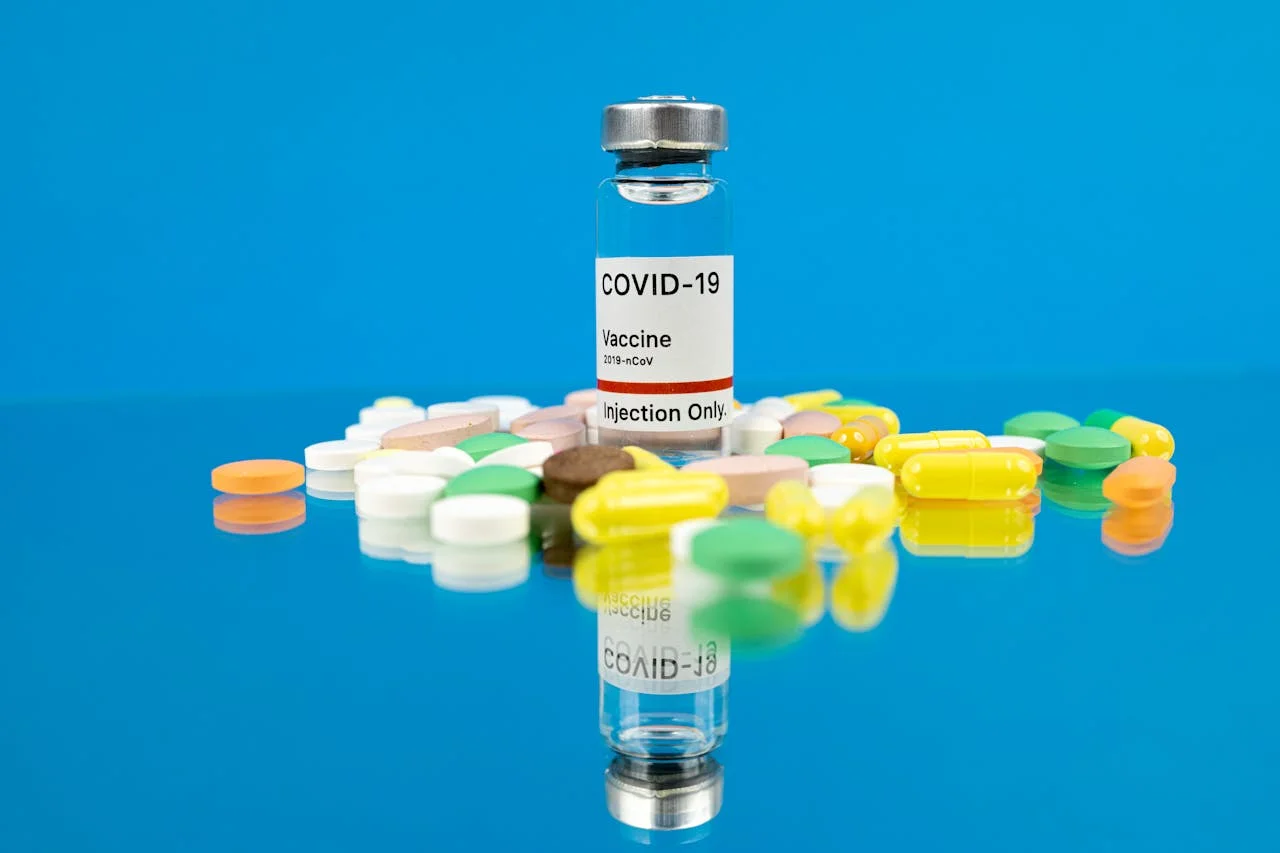
Roche announced that the U.S. FDA has granted Emergency Use Authorization (EUA) for its cobas® liat SARS-CoV-2, Influenza A/B & RSV nucleic acid test. This automated multiplex real-time PCR assay on the cobas® liat system delivers results in just 20 minutes. The test uses a single nasopharyngeal or anterior nasal swab sample to detect SARS-CoV-2, influenza A, influenza B, and RSV, making it suitable for most healthcare settings.
“Diagnostics are crucial in combating respiratory illnesses,” said Matt Sause, CEO of Roche Diagnostics. “This innovative test helps healthcare professionals detect and differentiate these viruses in a single patient visit, improving public health outcomes.”
Rapid multiplex PCR tests in near-patient care settings, such as emergency departments and urgent care facilities, provide quick and accurate results. This approach can reduce unnecessary antibiotic use, facilitate targeted treatments, and improve patient outcomes and healthcare efficiency.
According to the CDC, respiratory diseases in the U.S. peaked during the last autumn and winter seasons, with SARS-CoV-2 causing the most emergency visits. Hospitalizations due to respiratory illnesses strain healthcare systems and delay diagnosis and treatment. During the 2023-2024 respiratory season, infants, children, and adults aged 65 and older had the highest rates of emergency visits and hospitalizations due to SARS-CoV-2, influenza, and RSV. The highest percentage of deaths from these respiratory viruses was among patients aged 65 and older.
The cobas liat SARS-CoV-2, Influenza A/B & RSV nucleic acid test adds to Roche’s portfolio of single and multiplex tests for diagnosing respiratory illnesses. Roche plans to seek FDA 510(k) clearance and a CLIA waiver in 2025, with a commercial launch in other markets following CE-IVDR approval.
The cobas liat SARS-CoV-2, Influenza A/B & RSV test is a rapid multiplex real-time RT-PCR test for detecting and differentiating SARS-CoV-2, influenza A, influenza B, and RSV RNA in nasal and nasopharyngeal swabs. It is intended for use by trained operators in CLIA-certified labs and patient care settings under the FDA’s Emergency Use Authorization. Positive results indicate the presence of the viruses, but clinical correlation is necessary to determine infection status. Negative results do not rule out infection and should be combined with clinical observations and patient history.





